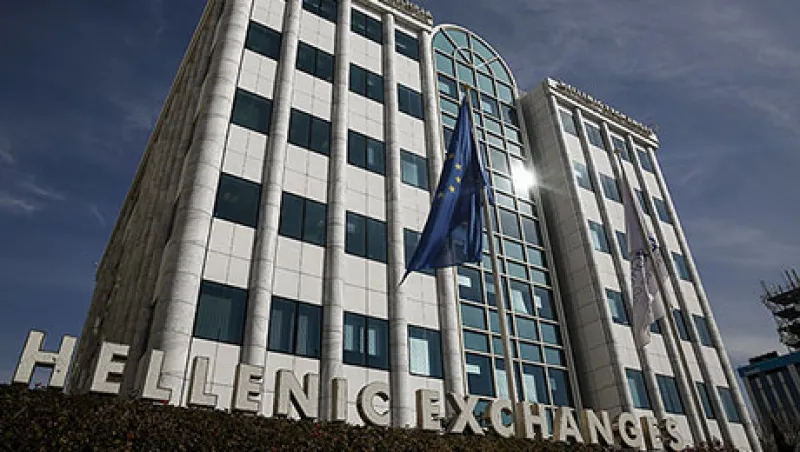Hedge funds are stepping up their interest in Greece despite the beleaguered country’s small number of listed equities and largely illiquid bond market.
After 2015’s Grexit fight, the country’s banks were recapitalized and the broader economy started to show signs of life, prompting a handful of asset mangers, including Zurich-based RBR Capital Advisors, Worldview Capital Management, and PVE Capital, to start Greek funds. Now there are 17 hedge funds focused on Greece or based in the country, plus six Greece-focused private equity funds, according to Preqin data.
On the surface, Greece may seem like the type of market that would draw only battle-hardened emerging-markets investors. On Tuesday, following a mass protest by the country’s farmers, Greek Prime Minister Alexis Tsipras said the country would not accept the additional austerity measures that Europe Union and the International Monetary Fund are calling for to ensure the delivery of another bailout package this year.
Greece has essentially been resisting austerity measures since it passed the first round of tax hikes and deep budget cuts required to keep the country afloat in the wake of the financial crisis. But now there’s a difference. Despite a recent small contraction, the Greek economy is improving, and the fragile recovery that could support Greece’s future debt payments hangs in the balance if the EU and the IMF maintain their hard-line stance.
“We are encouraged by the growth in GDP,” says George Elliott, founder and portfolio manager at hedge fund Orasis Capital, which typically invests in Greek-listed equities across all sectors and recently bought some nonperforming loans from Greek banks. “Retail growth has been one of the biggest surprises,” he says, noting that consumer confidence seems to be coming back despite the capital controls and heavy taxation that defines the new Greek economy.
The estimated €20 billion in cash hiding under Greek mattresses after investors rushed to withdraw cash amid Grexit fears is making its way into local shops and restaurants, market observers have speculated.
On the credit side, Greylock Capital’s Diego Ferro says he still sees upside in the bond market despite recent volatility. Greylock, a $1 billion hedge fund firm based in New York, has been investing in Greece since 2012, when it was the only hedge fund involved in Greece’s restructuring. He sees the country as a long-term value opportunity. “Each time there is weakness, we add to our position,” Ferro explains. “We bought some 2017 bonds with yields of 10 percent. We think there is value there.”
Meanwhile, Greek banks, which have teetered under the weight of a significant number of nonperforming loans, have been identified as turnaround targets.
At a Swiss Financial Services event last June, Rudolf Bohli, CEO of RBR Capital, called Greece’s Piraeus Bank a candidate for turnaround in his presentation. Piraeus, which has about 30 percent of the Greek banking market, has used its recent capital infusion well and is working to clean up its loan book, according to Bohli.
For fund managers, the key to Greece is to look beyond the headlines, even if there is volatility as a result of political brinkmanship in the short run.
“Despite a lot of populism in the politics of the EU these days, there is strong support for remaining in the euro zone,” says Nick Gartside, international chief investment officer for global fixed income at J.P. Morgan Asset Management. He adds that the smart money in Greece and Europe generally has learned to trade behind the headlines and around the various idiosyncrasies that define the Continent.
Greylock’s Ferro agrees. “This is a familiar pattern with Greece, where all the parties blame each other and then eventually come to a compromise,” he says. He notes that as long as the market fails to understand this, he’ll gladly take the profit.






